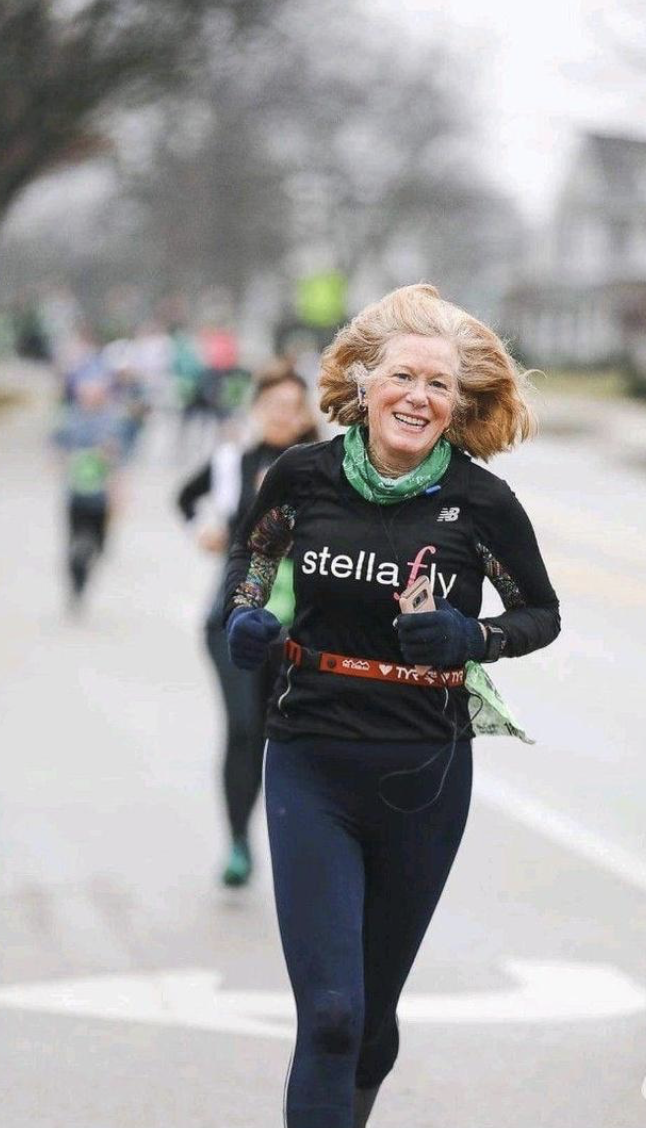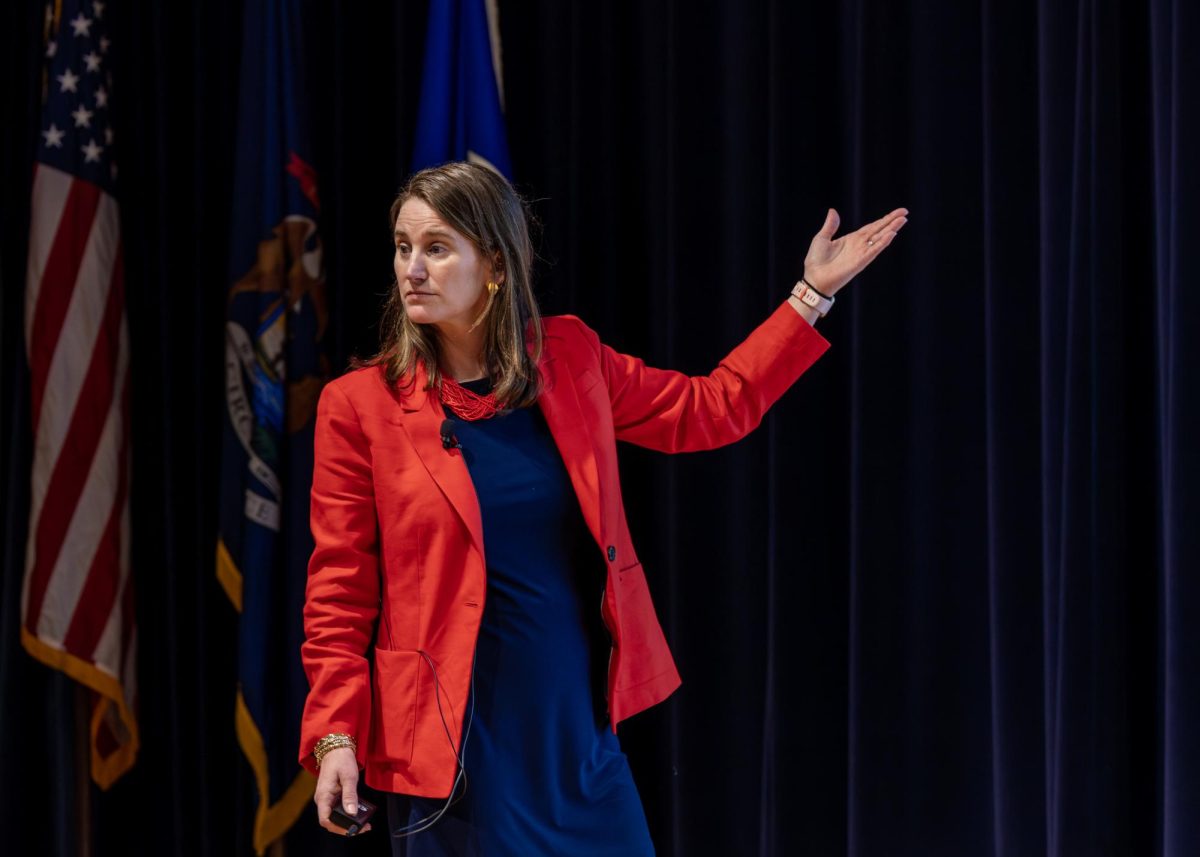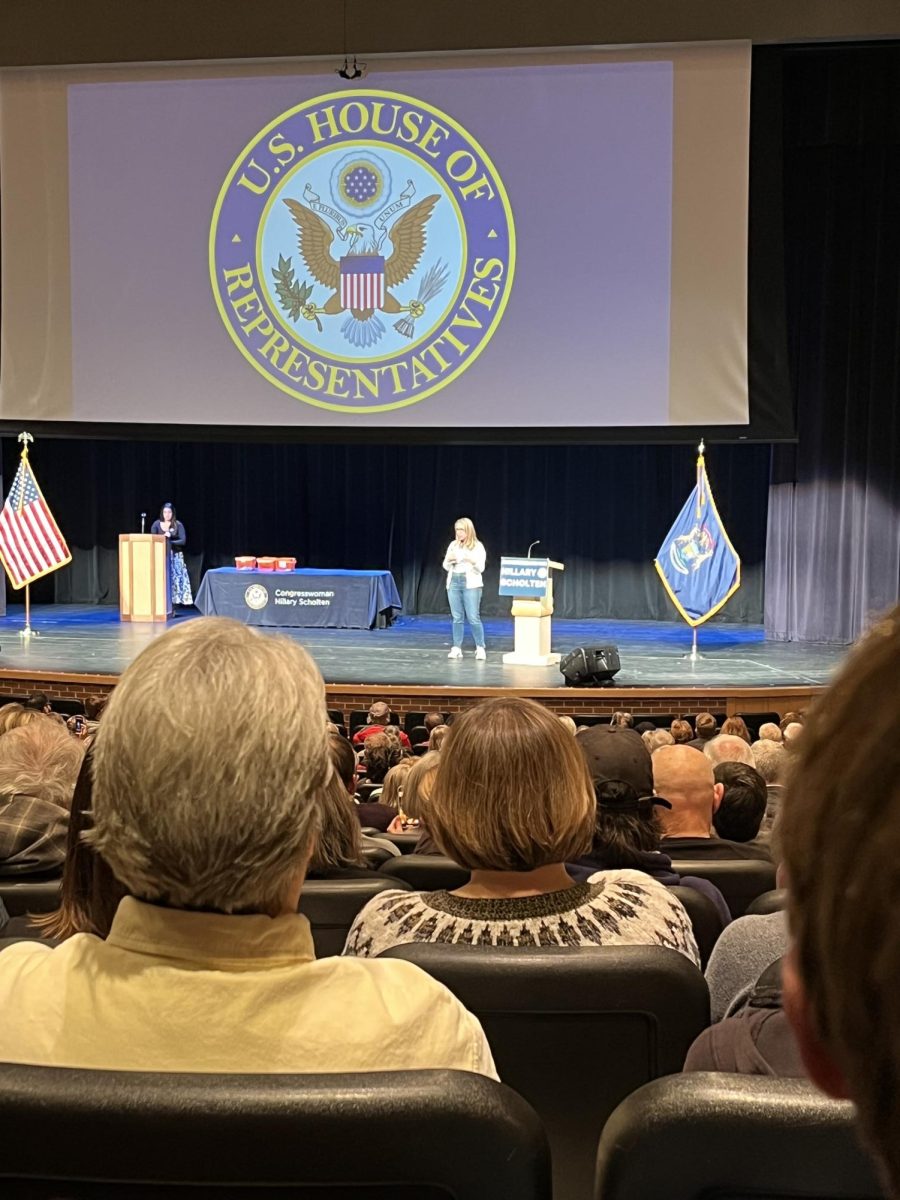The results of the presidential election are weighing heavily on the minds of students and community members at Grand Valley State University. Many students are finding it difficult to envision what a second term for former President Donald Trump will mean. While not all students at GVSU were motivated to vote for his opponent, Vice President Kamala Harris, unrest and concern regarding the future of the country is pertinent to many in the campus community.
The University Counseling Center has recommended several steps of action to promote student mental health and support to anyone that might be experiencing feelings of grief or anxiety following the election results. Mikaela Padgen, mental health communications and outreach specialist for the University Counseling Center, said there are a few key strategies to help ground students’ anxiety. Remembering the importance of basic needs, coping in ways that feel authentic, maintaining normalcy in routine and allowing flexibility in commitments can all help to center someone feeling overwhelmed.
“Our clinicians welcome students to discuss a variety of topics in the therapeutic space, and that includes personal reactions, fears, worries, frustrations and more that may be evoked in the days, weeks and even years to come as a result of the election results,” Padgen said.
Other options for support on campus include the Let’s Talk program or Togetherall, an anonymous online community that students can join. The platform provides a personalized space for peer-to-peer connection and support, while being moderated by mental health professionals every hour of every day.
Several political decisions and rhetoric from Trump have turned voters against him. Focal issues of student insecurity include women’s health and reproductive rights, foreign policy in regard to the humanitarian crisis in Gaza, racism and the economy.
GVSU student Janelle Weiberg said the election results were “not good” news.
“I’m nervous for the future of women’s reproductive rights, as well as equality,” Weiberg said.
Padgen said that so often, people lose sight of their routines and fulfillment of basic human needs when they’re undergoing times of stress.
“All of these will immediately support recalibration of our nervous systems, and allow us the opportunity to remember how to utilize other effective coping skills,” Padgen said.
GVSU student Nadeen West said the results of the election are intimidating to her, while also motivating.
“(The election results make me feel) maybe scared,” West said. “But at the same time, I’m hopeful that people on the left will unite and be a stronger, united force so we can stop this from happening again.”
Padgen noted a variety of other ways an individual can process stressful experiences.
“Other points that may be helpful in each individual’s processing experience may include limiting frequency of media consumption, taking brain breaks through (the) use of mindfulness and grounding techniques to reconnect ourselves with the present moment and a sense of calm,” Padgen said. “Remember to lean on natural support systems that help (you) feel seen, understood and valued.”












